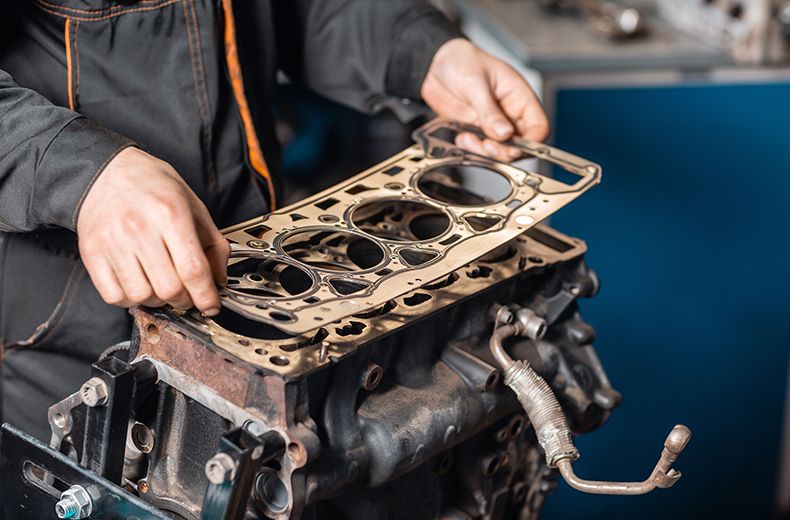The engine is the heart of our vehicle and powers every journey we make. However, when problems arise, they can bring our daily lives to a standstill. While a professional mechanic is invaluable, many common engine problems can be diagnosed and repaired at home with a little knowledge. This DIY guide is designed to give you the knowledge and confidence to solve these problems, saving you time and money.
Learn about common engine problems
Engine cannot start
If your engine does not want to start, there may be several reasons:
battery problem
Symptoms: Clicking noise, dimmed lights, no response when turning the key.
Solution: Check the battery terminals for corrosion, make sure the connections are tight and test the battery voltage. If the battery is empty, start the car or replace the battery.
Starter motor problem
Symptoms: Clicking noise, engine will not start.
Solution: Check the starter motor for damage. If defective, replace the starter motor.
fuel system problems
Symptoms: Engine runs but won’t start, smells like gasoline.
Solution: Check the fuel in the tank, check the fuel pump and fuel filter and replace if necessary.
Overheating of the engine
If left untreated, overheating can cause serious damage:
coolant leaks
Symptoms: Coolant puddles under the car and low coolant level.
Solution: Check hoses, radiator and water pump for leaks. Replace damaged parts and top up coolant.
Thermostat defective
Symptoms: The engine takes a long time to warm up and then quickly overheats.
Solution: Replace the thermostat to ensure proper engine temperature control.
Radiator problem
Symptoms: coolant leakage, engine overheating.
Solution: Check the radiator for blockages or leaks. Clean or replace the radiator if necessary.
engine fault
Misfires can affect engine performance and fuel economy:
Problems with the ignition system
Symptoms: Unstable idling, loss of power, low fuel consumption.
Solution: Check the spark plugs, ignition coils and cables. Replace worn parts.
fuel injector problem
Symptoms: poor acceleration, skipping, unstable idling.
Solution: Clean or replace clogged fuel injectors to ensure proper fuel delivery.
Abnormal engine noise
Strange noises often indicate an underlying problem:
knocking sound
Symptoms: The engine continues to make a knocking noise.
Solution: Check the engine oil level and quality. Use fuel with the correct octane number. If the problem persists, consult a professional.
Belt squeaks
Symptoms: High-pitched screeching noise, especially when starting the engine.
Solution: Check the serpentine belt for wear and tension. Replace if necessary.


